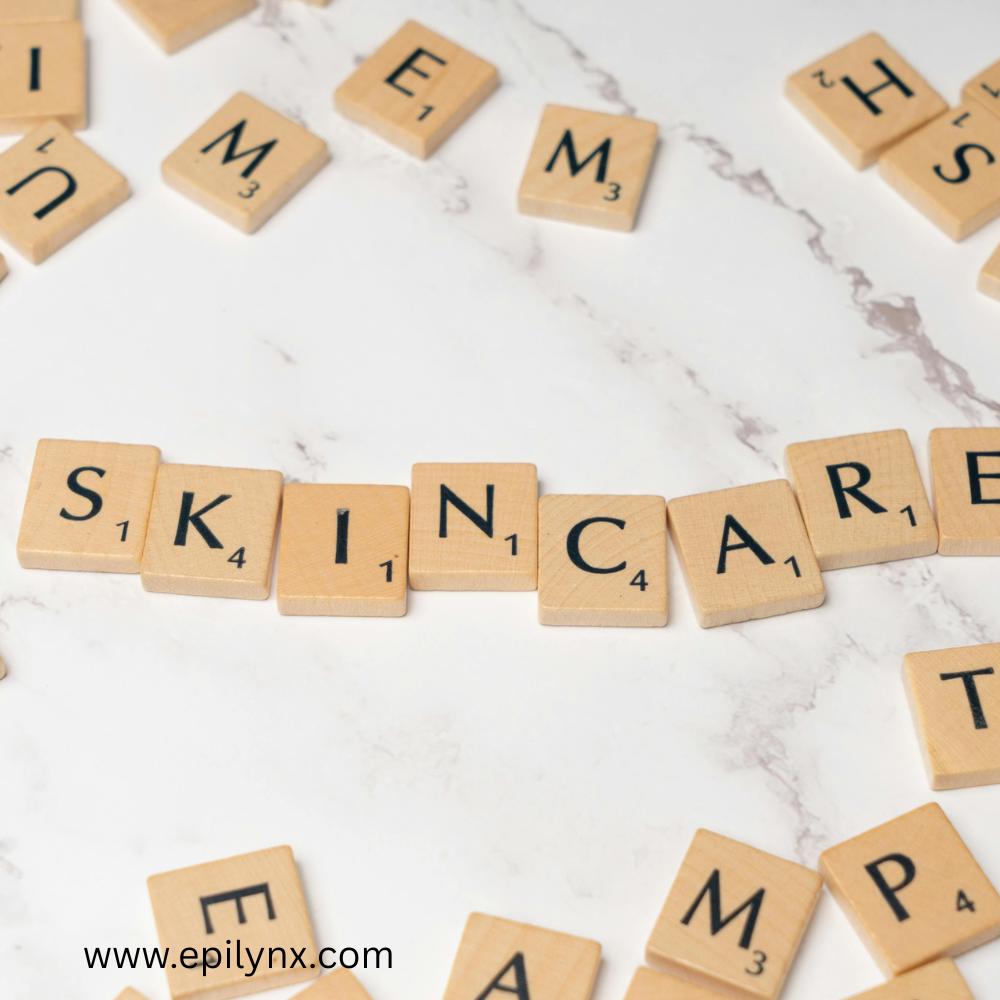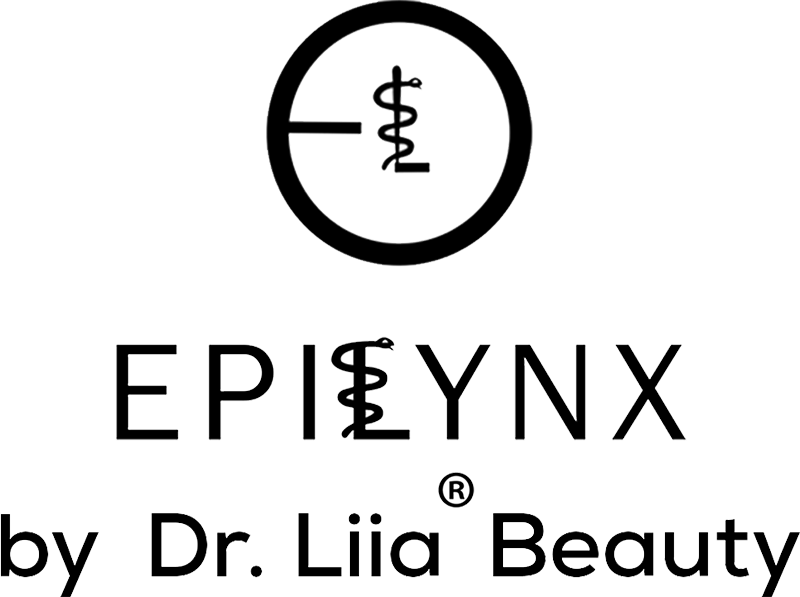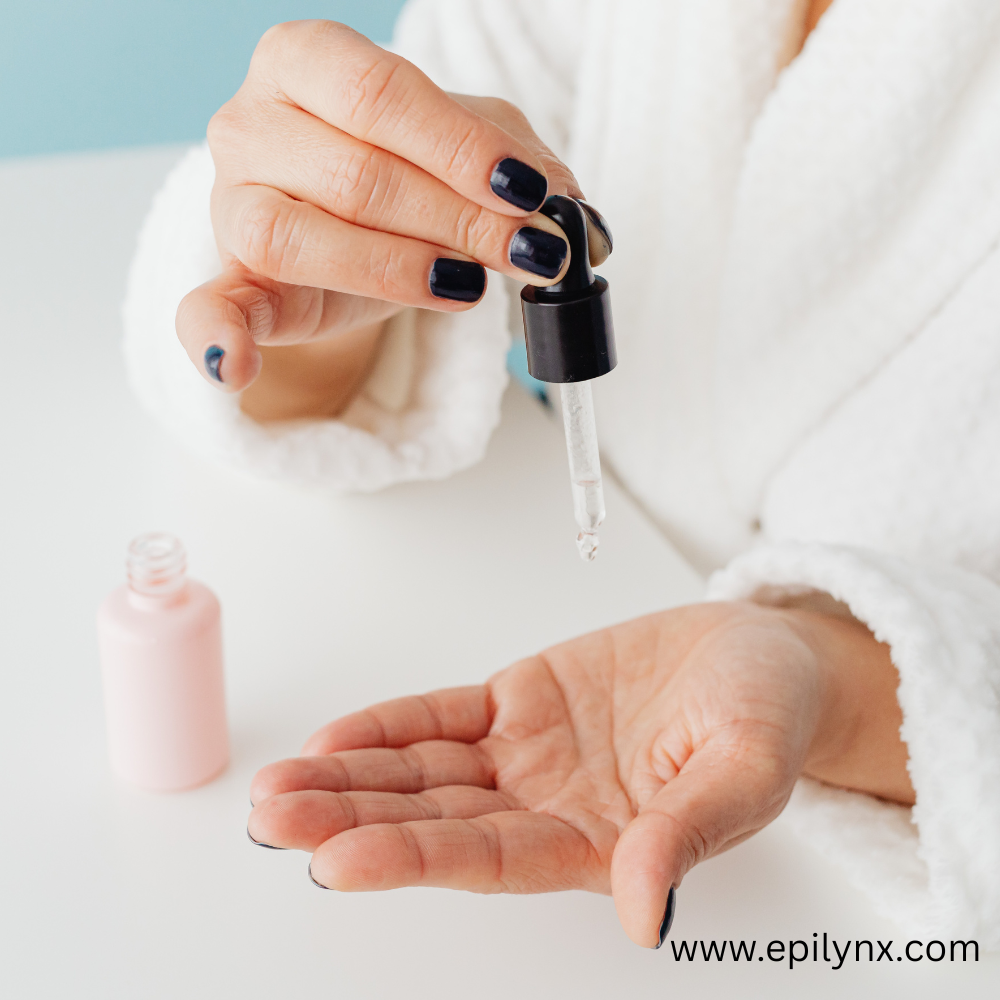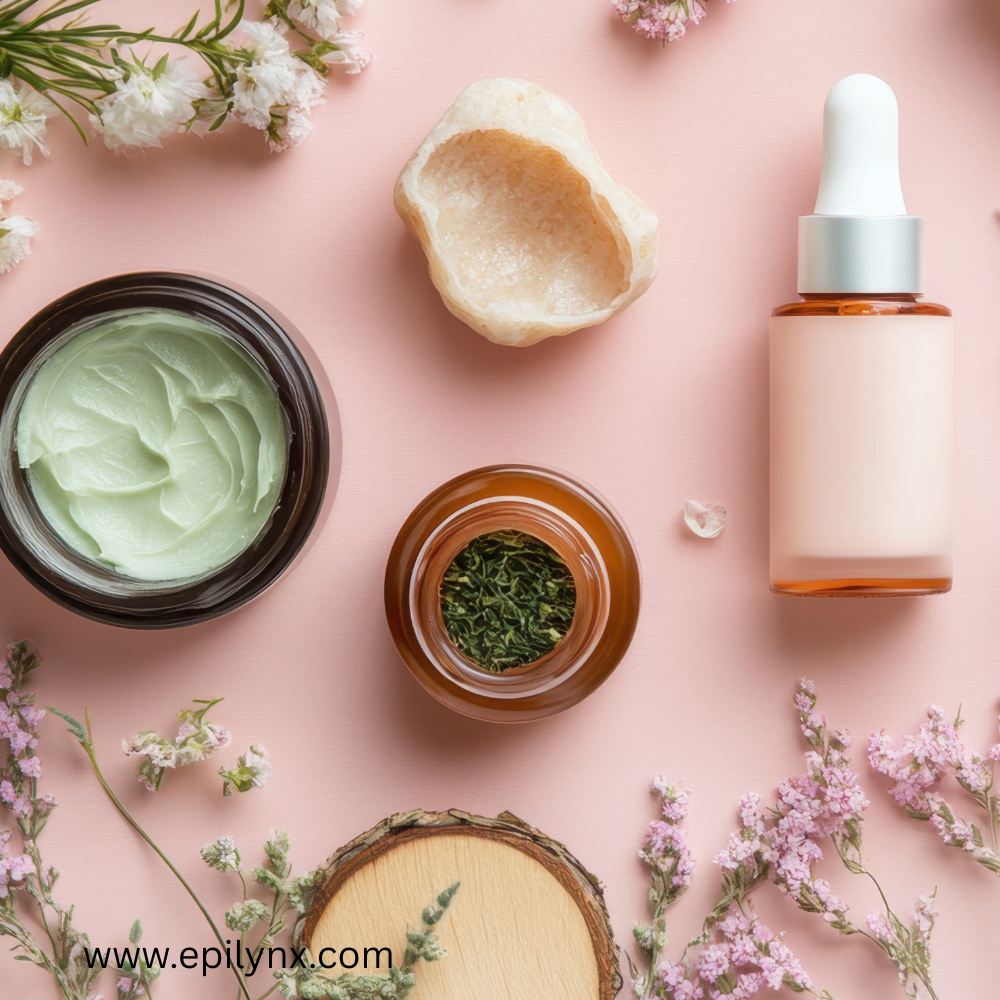
Gluten-Free Skincare: What Dermatologists Want You to Know
When you hear “gluten-free,” you probably think bread, pasta, or cookies. But here’s the twist: your moisturizer, lipstick, or shampoo might be packing gluten too.
And while that might not sound like a big deal, dermatologists (and your skin) would definitely disagree.
Let’s break down why gluten-free skincare matters, especially if you’ve got sensitive skin or celiac disease.
Can Gluten Really Affect Your Skin?
Dermatologists say yes—especially for people with:
-
Celiac disease: Even trace gluten exposure can trigger reactions.
-
Non-celiac gluten sensitivity: Symptoms can include rashes, itching, redness.
-
Sensitive skin in general: Gluten proteins can act as irritants.
Fun fact: Your lips don’t just wear lipstick—they eat it. If your lipstick has gluten, you could be ingesting it daily.
Common Sources of Gluten in Skincare
Gluten doesn’t just say “Hi, I’m wheat” on the label. It often shows up in Latin disguises. Look out for:
-
Triticum Vulgare = wheat germ oil
-
Hordeum Vulgare = barley extract
-
Avena Sativa = oats (not always gluten-free)
-
Malt extract = barley-based
-
Hydrolyzed wheat protein = processed wheat
📌 Translation: If your ingredient list reads like a bakery menu, it’s not skin-friendly.
What Dr Liia Says About Gluten-Free Beauty
While gluten in skincare doesn’t affect everyone, it’s crucial for people with allergies, sensitivities, or celiac disease.
“Your skin is your largest organ. What you put on it matters as much as what you put in your body. For patients with sensitivities, gluten-free skincare is a safe, smart choice.”
Why Gluten-Free Goes Hand in Hand With Allergen-Safe
Gluten-free isn’t just about avoiding wheat—it’s part of a bigger allergen-safe beauty movement.
Here’s the connection:
-
🌾 Gluten-Free = safer for celiac + sensitive skin
-
🥜 Nut-Free = no almond/macadamia oils sneaking in
-
🐰 Cruelty-Free = no animal testing loopholes
-
🌱 Vegan = no animal by-products like beeswax or lanolin
-
💚 Allergen-Safe = truly inclusive beauty for everyone
It’s not just about what you avoid—it’s about what you gain: peace of mind.
How to Choose Gluten-Free Skincare Products
-
Read labels like a detective (learn those Latin names).
-
Look for explicit gluten-free certification. Don’t assume.
-
Choose brands built around allergen safety (not just using it as a buzzword).
-
Test patch new products if you’re highly sensitive.
Because your skin deserves beauty without the baggage.
Final Thought
Gluten-free skincare isn’t a fad—it’s the future of safe beauty. Whether you have celiac disease, sensitive skin, or just want transparency, gluten-free products give you control over what touches your skin.
After all, your foundation should build confidence, not rashes.
✨ Want gluten-free beauty you can trust? Explore the EpiLynx Gluten-Free Skincare Collection today and glow worry-free.


